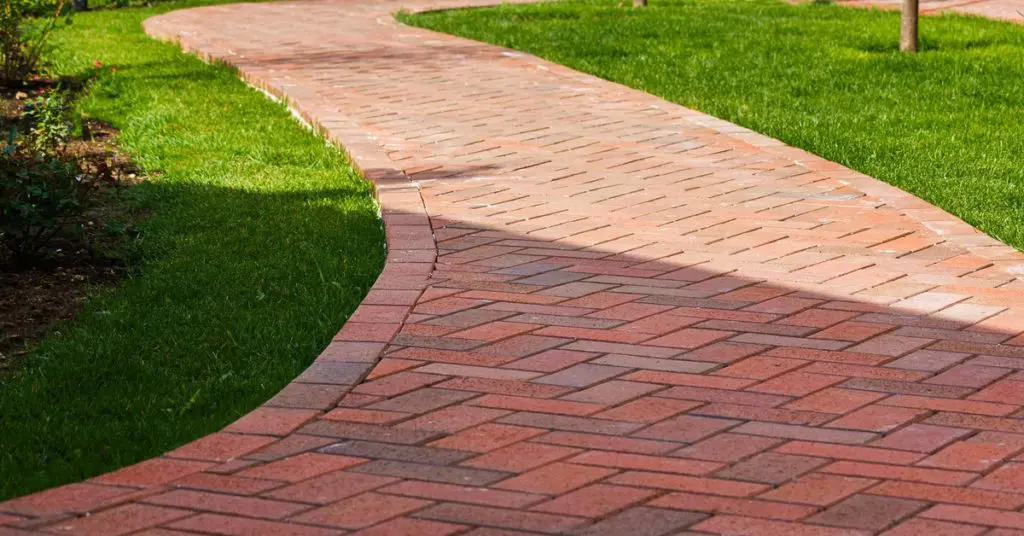Pavers? To Seal or Not To Seal, Pros and Cons
If you’re like many homeowners, you grew tired of the standard concrete patio a long time ago. Now, you’ve created a stunning outdoor living space using concrete or brick patio pavers.
One thing many people forget when they fall in love with these beautiful paving stones is maintenance. Many people ask a pressing question: Do I need to seal pavers or not? This article answers that question and more.
Read on to learn about the pros and cons of sealing pavers.
Is There a Benefit to Sealing Pavers?
The most noticeable benefit of sealing pavers is purely aesthetic. If you keep pavers looking pristine, it enhances the appearance of your yard and exterior landscaping. There are more practical benefits. They include the following:
- Protection from fading
- Enriches colors
- Minimizes staining
- Secures joint sand
Pavers bear the brunt of direct sunlight, and like your skin, they’re susceptible to damage from UV rays. Sealing helps protect your pavers from fading due to sun exposure. If you can avoid fading, you’ll notice the pavers retain more of their vibrant color.
Pavers are naturally porous. They soak up anything that gets spilled on them, including stains from dirt. Sealed pavers are less absorbent, which increases stain resistance.
One of the most critical benefits of sealing is stabilizing the interlocking joint sand in between each paver. Sealing causes the joint sand to harden, resulting in firm pavers—an essential safety benefit.
What Are the Cons of Sealing Pavers?
As with many home maintenance projects, there are a few disadvantages to sealing your patio pavers. The cons include the following:
- Weather requirements
- No guarantees
- Potential to ruin the appearance
- Multiple applications required
First, you must pay attention to the weather. You should only apply sealant on a calm sunny day. You risk toxic chemicals blowing onto your plants, shrubs, and grass if it’s windy.
If you don’t apply sealant correctly, you may have unexpected results. Using too much sealant could deposit a hazy coating on the pavers, making them look faded or discolored.
Sealing isn’t a one-time deal. Once you start sealing pavers, you’ll need to continue re-sealing every 1-2 years.
There are no guarantees, even if you use the highest quality sealant. If you don’t know how to seal pavers, your results may be disappointing.
Do I Need to Seal Pavers?
You’re wondering what happens if you don’t seal pavers. Your pavers won’t disintegrate if you don’t seal them, but they’ll likely fade much sooner than if you applied sealant. You’ll also need to clean them more often, and the stains won’t be as easy to remove.
If the joint sand loosens, you risk damage and instability. Both could create a safety hazard. At the least, you may need to replace damaged pavers.
The bottom line is that sealing isn’t required, but you should consider it. If you decide against sealing, you’ll want to make sure you have the pavers cleaned regularly.
Contact Us to Schedule Paver Cleaning
Even if you’re on the fence about sealing your pavers, you don’t want to let too much time go by without cleaning them. Cleaning helps remove dirt and debris, which leads to stains and fading.
The team at A Brilliant Solution uses specific techniques when cleaning pavers. Are you still wondering, do I need to seal pavers? Why not let us step in and help keep them looking pristine while you decide?
Contact A Brilliant Solution today for a free estimate on pressure washing your pavers.
Before you leave make sure you check out our 449 5-star reviews.




